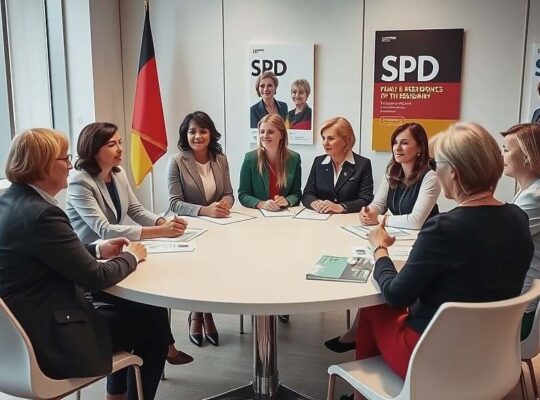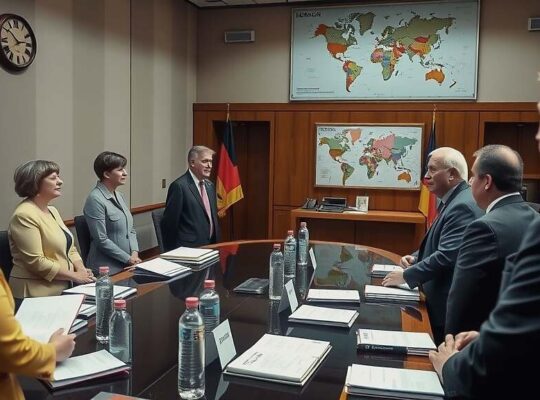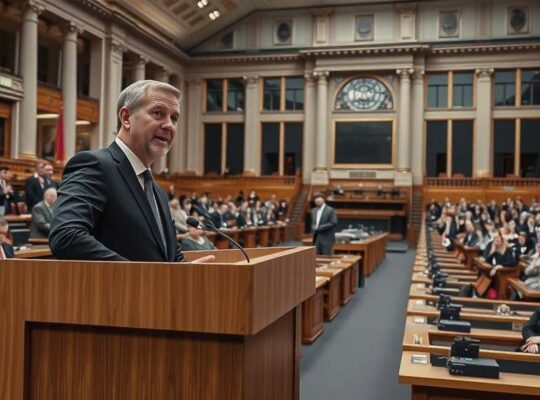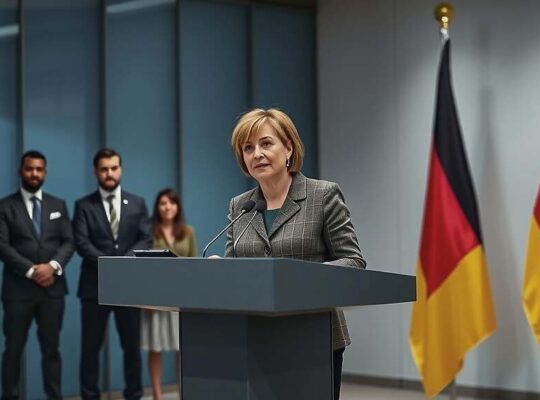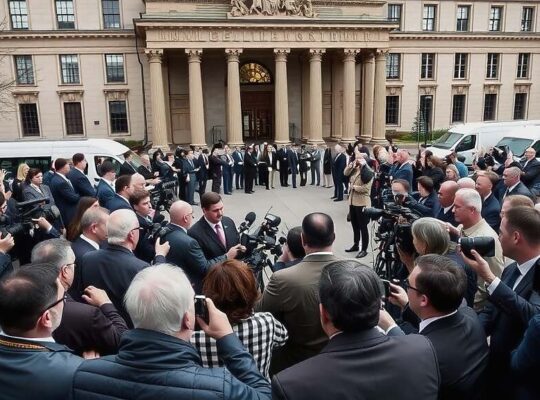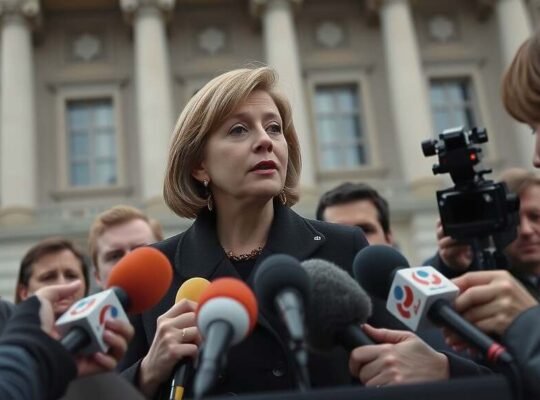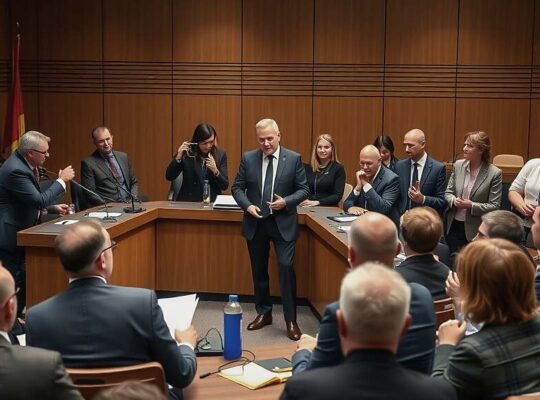The recent rejection of Martin Hikel’s candidacy for the mayoral position in Berlin’s Neukölln district has ignited a quiet but significant internal debate within the Social Democratic Party (SPD), raising questions about internal cohesion and the challenges of projecting a unified front. Hikel, who also serves as the SPD’s state chairman, defended his decision not to pursue the nomination, stating that the limited support he received – securing only 68.5% of the vote at the district’s delegate conference – rendered him an unsuitable candidate for a robust campaign.
“Ultimately, I must be the public face of the SPD in Neukölln during the election campaign” Hikel explained, “If the SPD in Neukölln doesn’t broadly support this offer, then I am the wrong candidate for this district association”. His rationale underscores a growing recognition within the party that perceived lack of genuine backing can fatally undermine a candidate’s effectiveness, stripping them of the authority needed to effectively engage with voters.
The situation reveals potential fissures within the Neukölln SPD, a district historically known for its diverse electorate and often politically volatile atmosphere. While Hikel attributed his limited success to pre-existing discussions and a lack of unified support, the circumstances hint at underlying tensions that party leadership will need to address. The candidacy rejection stands in stark contrast to the anticipated overwhelming endorsement expected for Steffen Krach, who is slated to become the SPD’s lead candidate for the 2026 Berlin state election.
Krach, whose formal nomination is expected at an upcoming state party convention, previously expressed bewilderment at Hikel’s decision. While Hikel voiced confidence in Krach’s imminent victory and predicted a ‘clear and unified’ result, he added a cautious observation regarding the potential pitfalls of unanimous support, referencing the contentious circumstances surrounding Martin Schulz’s previous leadership. A near-unanimous endorsement, he suggested, can breed unintended consequences and potentially damage party unity.
The entire episode forces a critical assessment of candidate selection processes within the SPD, particularly in districts where internal divisions are most apparent. It highlights the importance of authenticity and perceived legitimacy, not just for individual candidates, but for the party’s overall image and ability to connect with voters in a rapidly changing political landscape. The party leadership faces the challenge of reconciling these conflicting dynamics – fostering unity behind Krach while acknowledging and proactively addressing the underlying issues that led to Hikel’s withdrawal.



